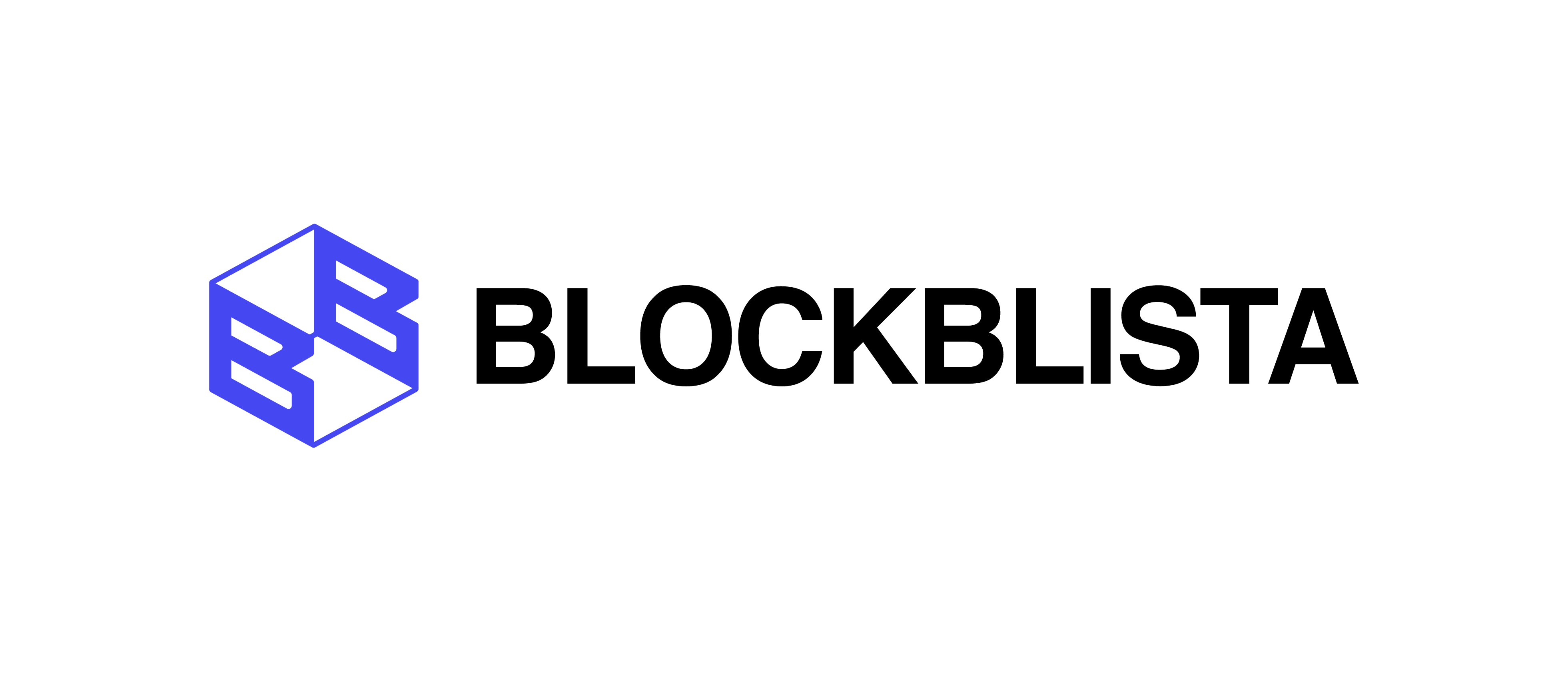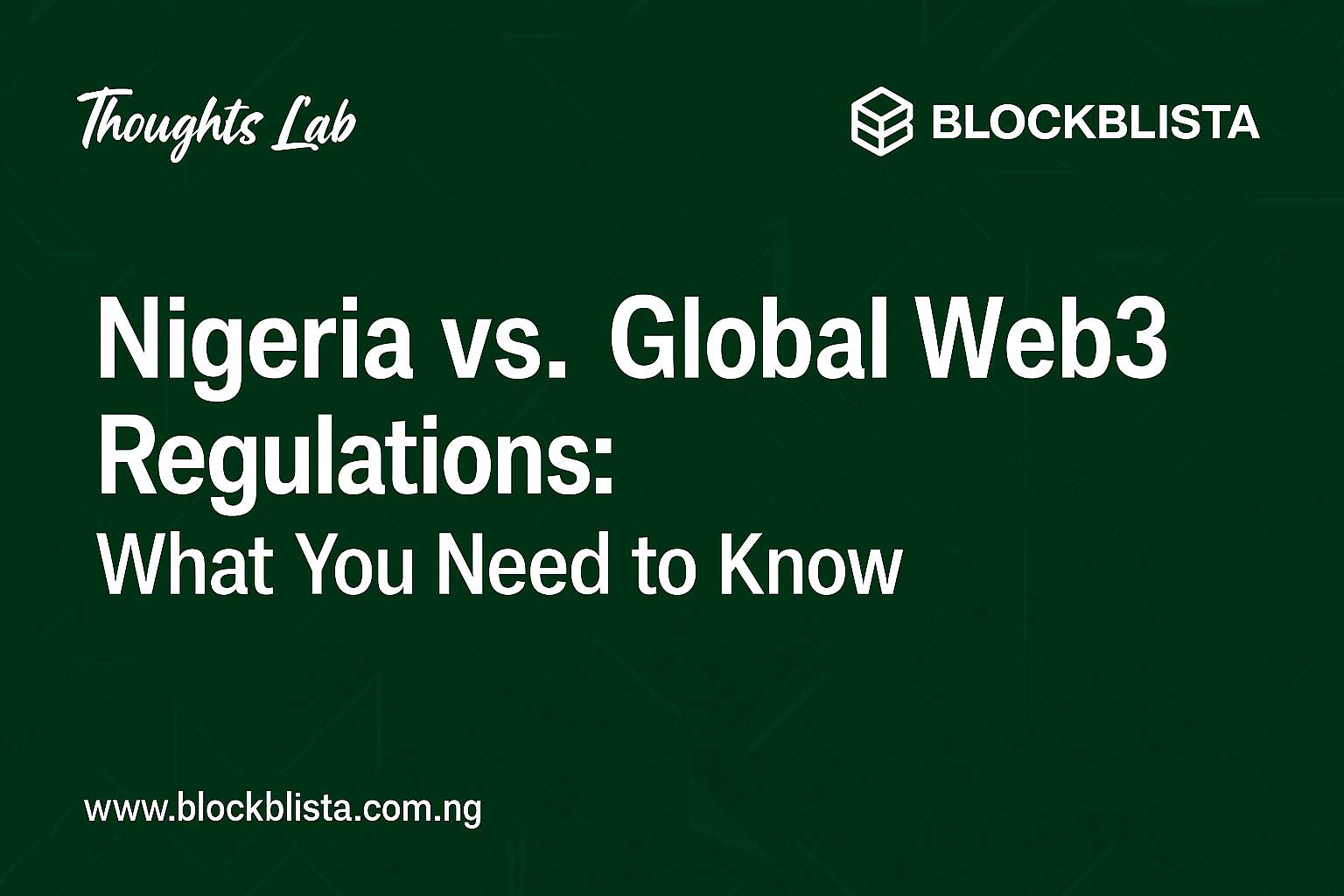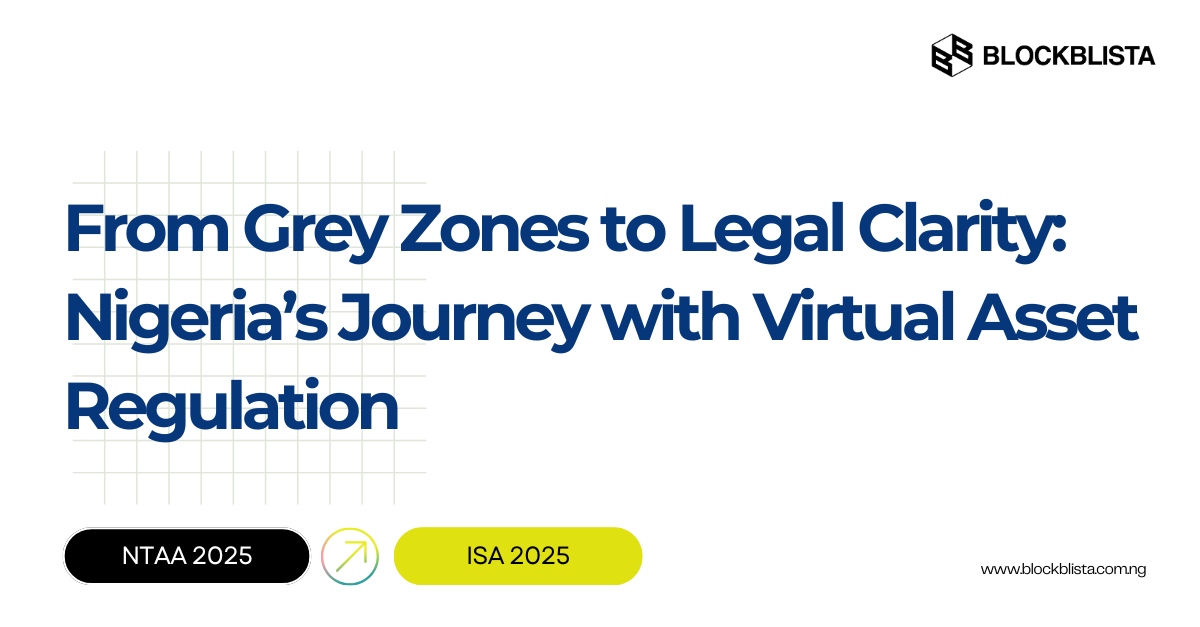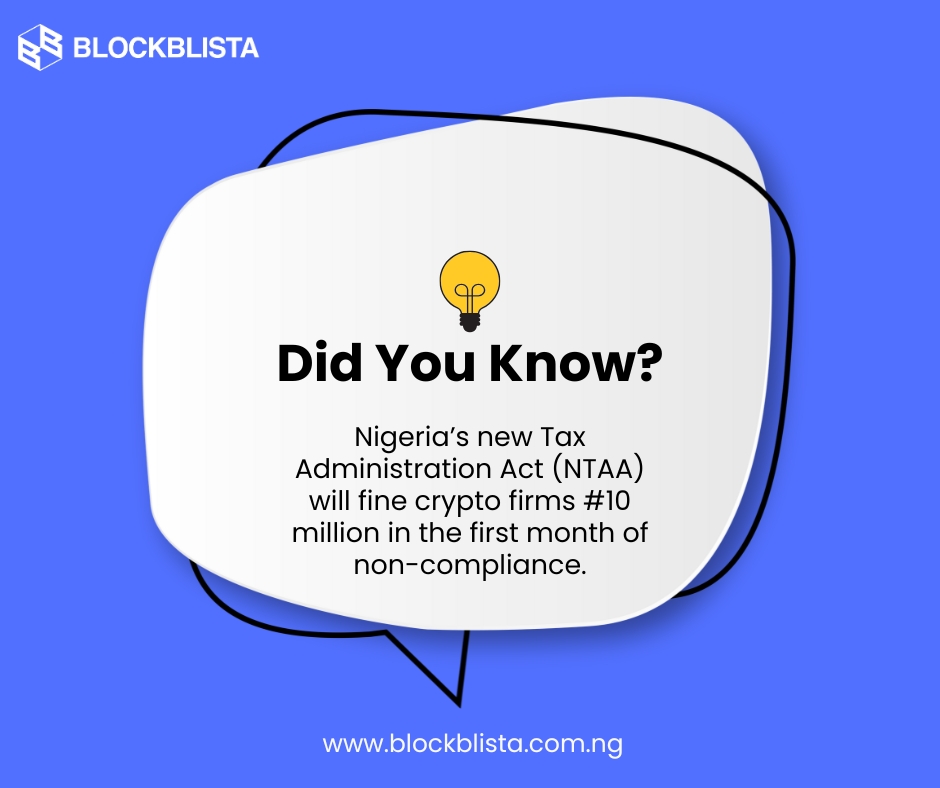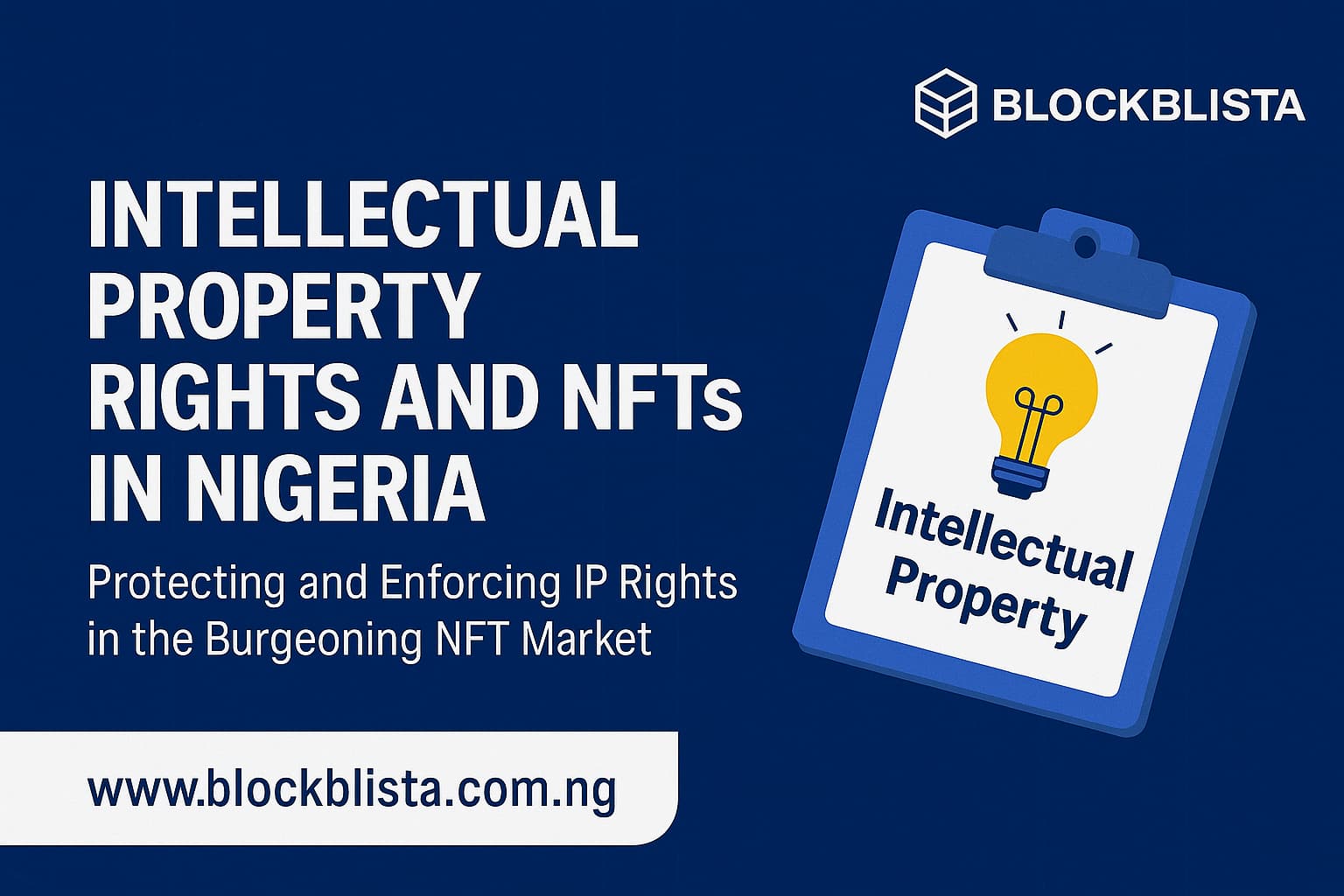If you’re building or investing in the Web3 space, you’ve probably noticed that every country seems to be taking a different approach to crypto and blockchain rules. As the industry matures around the world, the legal environment is evolving too. For anyone building, investing, or operating in Nigeria’s crypto and digital asset space, it’s more important than ever to understand where Nigeria stands compared to global leaders, and how this affects your own risk, growth, and compliance strategy.
Nigeria’s Approch: Catching Up, Getting Clearer
If you’re operating a crypto, NFT, DeFi, or Web3 project in Nigeria, you already know the journey hasn’t always been smooth. For years, the Central Bank of Nigeria (CBN) limited banks from engaging with crypto, creating uncertainty for founders and investors. Most activity moved to peer-to-peer (P2P) channels, and projects had to innovate with little regulatory guidance.
But the landscape is changing fast. The National Blockchain Policy shows that the government sees real potential in blockchain for digital transformation and economic growth. The Investments and Securities Act (ISA) 2024 is an even bigger step: it officially recognizes virtual assets, including cryptocurrencies, NFTs, and tokens, as securities. This means digital asset businesses now fall under the Securities and Exchange Commission (SEC) for regulation, licensing, and compliance.
What does this mean for you?
- If you run an exchange, offer tokens or NFTs, or operate a DeFi protocol, registration with the SEC is now required.
- You’ll need strong anti-money laundering (AML) and know-your-customer (KYC) practices, just like in the US or EU.
- Investor protection, transparency, and reporting standards will be enforced.
- Non-compliance comes with real risk: penalties, business disruption, or worse
How Does Nigeria’s Model Compare to Other Countries?
1. United States: The US is home to both the SEC and the Commodity Futures Trading Commission (CFTC), each claiming authority over parts of the crypto market. Regulation is strict and enforcement is high-profile, but there’s still legal uncertainty for many products (especially new tokens, DeFi, and DAOs). US projects face high compliance costs but gain credibility and access to major markets. Key regulatory bodies includes:
- Securities and Exchange Commission (SEC): The SEC primarily regulates digital assets it deems to be “securities.” This includes many token sales, initial coin offerings (ICOs), and certain staking products. The SEC’s approach is often described as “regulation by enforcement,” meaning that rather than issuing comprehensive new laws, it brings legal actions against projects it believes are out of compliance. High-profile enforcement actions (against exchanges, token issuers, and even influencers) send a clear signal that the SEC takes a broad view of its authority in the space.
- Commodity Futures Trading Commission (CFTC):
The CFTC claims oversight of digital assets it categorizes as commodities, such as Bitcoin and, in some cases, Ethereum. The CFTC’s focus is on derivatives trading (like futures and options) and the platforms that offer these products. This further complicates matters for projects that operate in both securities and commodities spaces. Other agencies like FinCEN (financial crimes), the IRS (tax), and state-level regulators also play a role, adding additional layers of compliance. Legal, compliance, and operational costs in the US are among the highest in the world for crypto projects. However, those who invest in compliance benefit from increased credibility and access to the world’s largest capital markets
2. European Union: When it comes to Web3 regulation, the European Union really sets the bar with its Markets in Crypto-Assets (MiCA) framework. MiCA is often called the “gold standard” because it creates one clear rulebook for all 27 EU countries. Whether you’re launching a crypto exchange, stablecoin, or any token project, you know exactly what’s expected—no guessing, no jumping through different hoops for each country. For anyone running a Web3 business, MiCA is a huge win. Get licensed in one EU country and you can operate across the entire region without extra paperwork that’s called “passporting,” and it makes expanding your project a whole lot easier. Plus, MiCA spells out exactly how to register, report, and protect your customers, so you have a clear checklist to follow.
3. United Kingdom: The UK takes a clear but flexible approach to Web3. If you’re running a crypto business there, you’ll need to register with the Financial Conduct Authority (FCA) and have strong anti-money laundering (AML) and customer protection systems in place. UK regulators pay close attention, especially as they expand their framework to cover things like stablecoins and other new asset types. One thing that stands out about the UK is how supportive it is of fintech and Web3 startups. The country’s “regulatory sandbox” lets projects test out new ideas with the regulator’s support, helping you work out any issue before a full launch. That means less risk of surprises down the road, and more chance for innovation to shine. If you’re building in the UK, you’ll get guidance, structure, and room to experiment, plus the credibility that comes from meeting some of the toughest compliance standards. It’s a solid place for founders who want to grow responsibly and get support while doing it.
4. Singapore & UAE: If you’re looking for places where the government actually supports Web3 growth, Singapore and the UAE are two of the top picks. Both countries have built reputations for being clear, structured, and innovation-friendly. Yes, you need a license to operate, but the process isn’t designed to block you, it’s there to help serious builders scale safely. In Singapore, the Monetary Authority of Singapore (MAS) offers detailed guidance and expects strong compliance (especially around AML and consumer safety), but they also leave room for new ideas. In Dubai, the Virtual Assets Regulatory Authority (VARA) is doing something similar where Web3 projects can launch with clarity and confidence. What makes both stand out is their open-door attitude. Regulators in these regions are known to engage directly with founders, offer regulatory sandboxes, and tweak rules in response to real feedback. So if you’re looking for a jurisdiction that takes Web3 seriously, and treats it like the future, not a fad, both Singapore and the UAE are great places to look.
What’s Similar? What’s Different?
- Registration & Licensing: Nigeria has aligned itself with leading jurisdictions such as the EU, UK, and Singapore by requiring crypto and digital asset businesses to formally register with regulatory authorities and adhere to established operational standards. This move ensures a higher degree of oversight and accountability within the industry.
- AML/KYC Requirements: In keeping with global best practices, Nigeria now expects market participants to implement robust anti-money laundering (AML) and know-your-customer (KYC) protocols. This involves diligent customer identification, transaction monitoring, and the reporting of suspicious activities, similar to the compliance expectations in most advanced markets.
- Investor Protection: There is a clear international consensus around the need to protect investors from fraud, misrepresentation, and undue risk. Like its counterparts in the US, EU, and other regions, Nigeria has incorporated stringent investor protection measures within its regulatory framework.
- Cross-Border Challenges:
A key distinction lies in the application of regulations across borders. While the EU’s passporting regime enables licensed firms to operate seamlessly across all member states, Nigeria’s regulatory reach remains strictly domestic. Businesses seeking to expand internationally must therefore comply with the rules and licensing requirements of each target jurisdiction, which may present additional hurdles when attracting foreign partners or investment.
What Does This Mean for Web3 Founders and Investors in Nigeria?
- Regulatory clarity is good news for serious founders and investors. It gives your business legitimacy, helps attract funding, and builds trust with users and partners.
- Nigeria’s alignment with global standards means your compliance investments here will translate when you’re ready to expand internationally.
- The formalization of digital asset rules supports partnerships with banks, payment providers, and institutional investors.
How Blockblista Supports You
At Blockblista, our job is to help you navigate this new landscape with confidence and clarity. We advise founders, startups, DAOs, NFT creators, and investors on:
- SEC registration and licensing for digital asset businesses
- Legal structuring for compliant token launches, NFT sales, and DeFi protocols
- Drafting and reviewing AML/KYC policies
- Managing cross-border regulatory risks
- Educating your team on compliance and consumer protection
We stay on top of local and global trends so you don’t have to. Our approach is proactive, client-focused, and always tailored to your specific needs.
Let’s discuss your compliance roadmap and strategic options. Contact us today:
